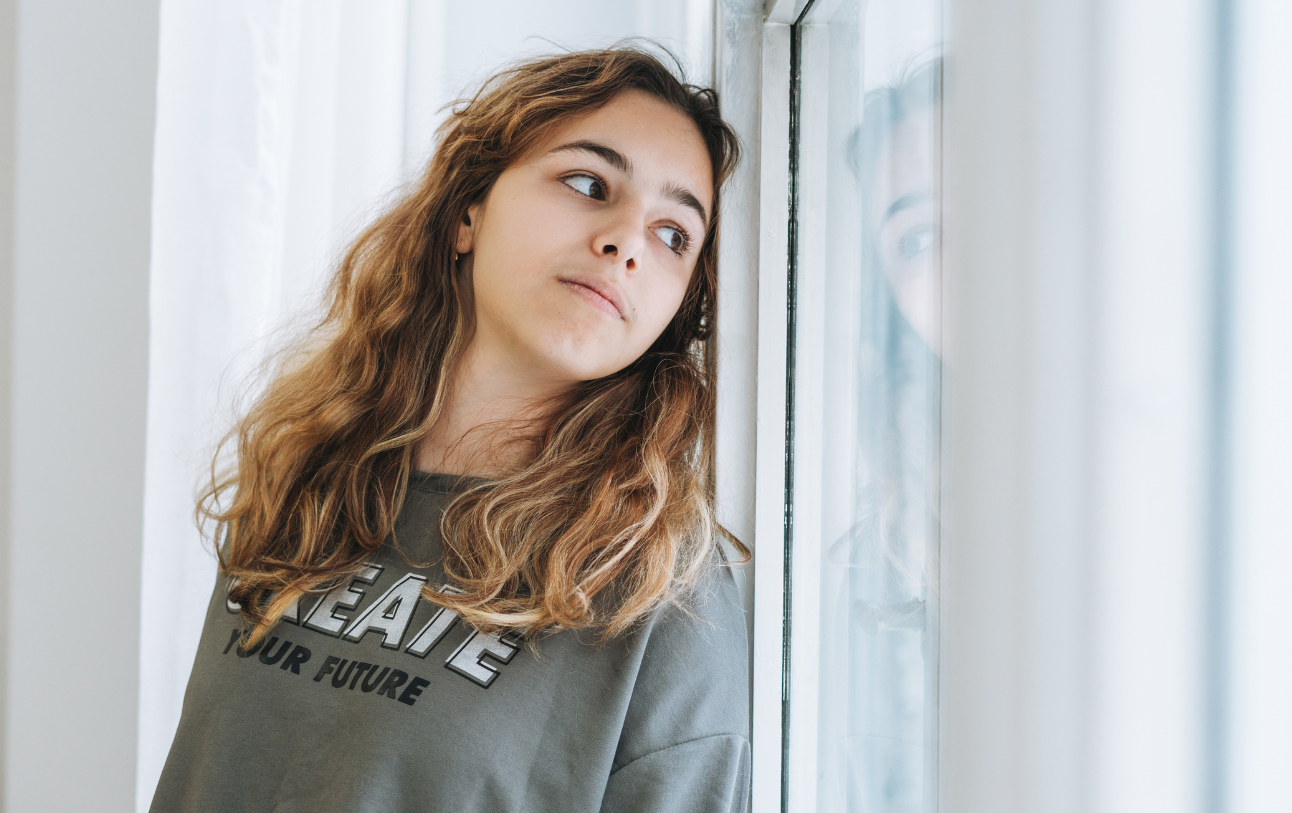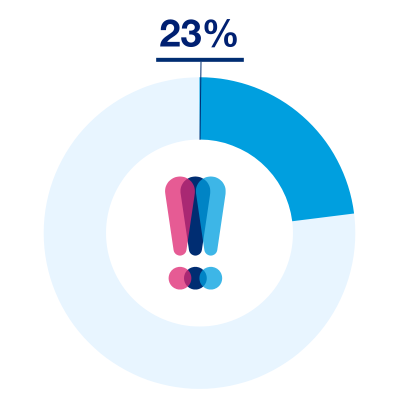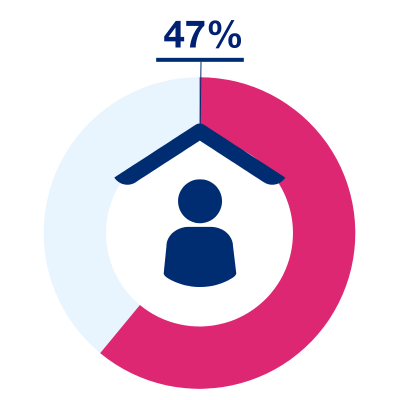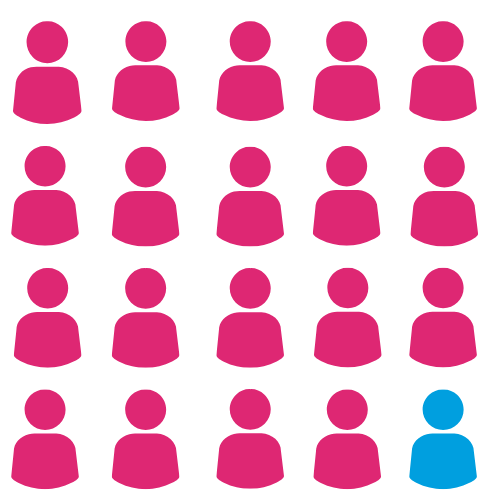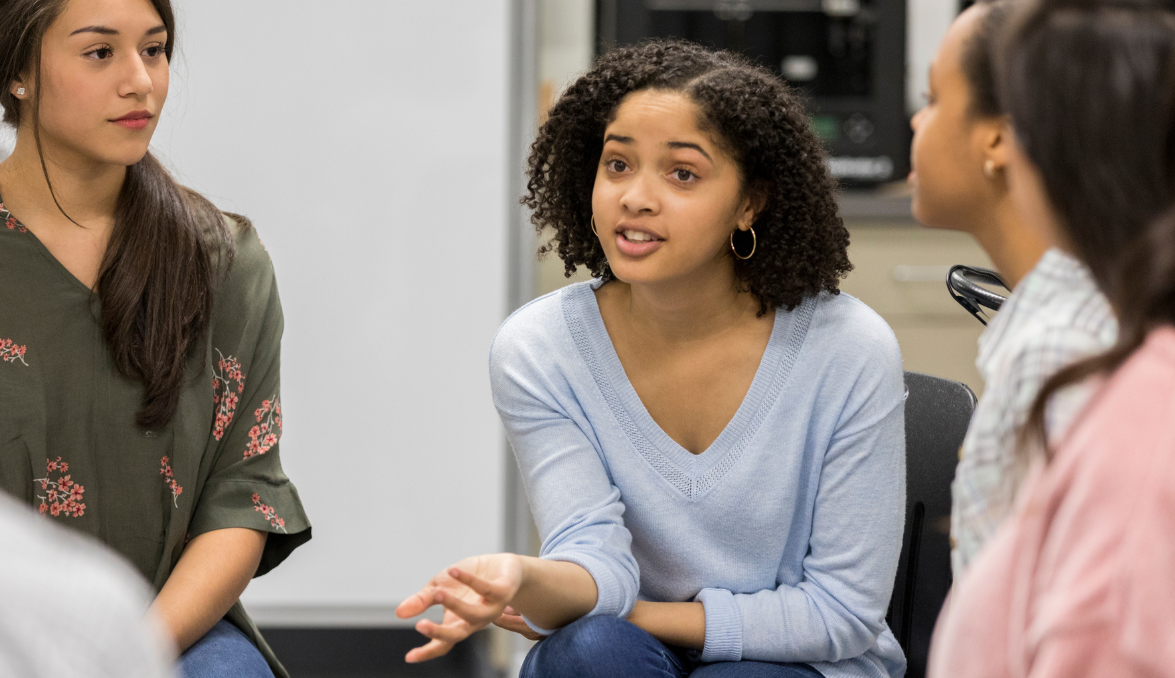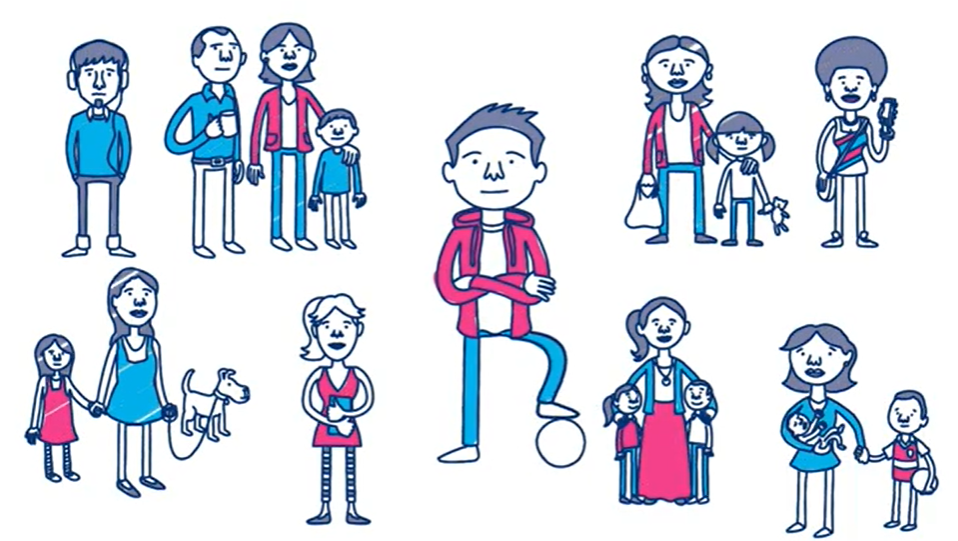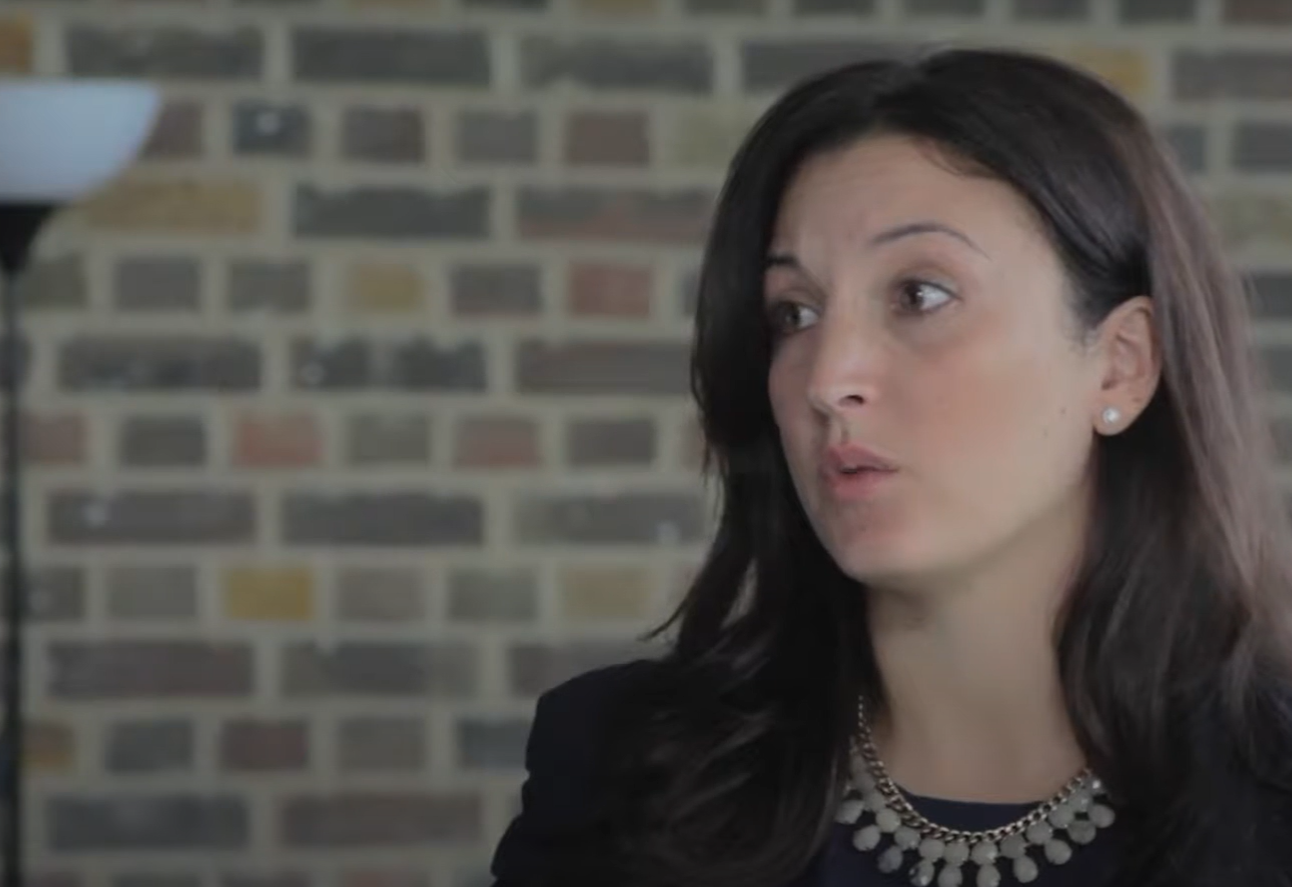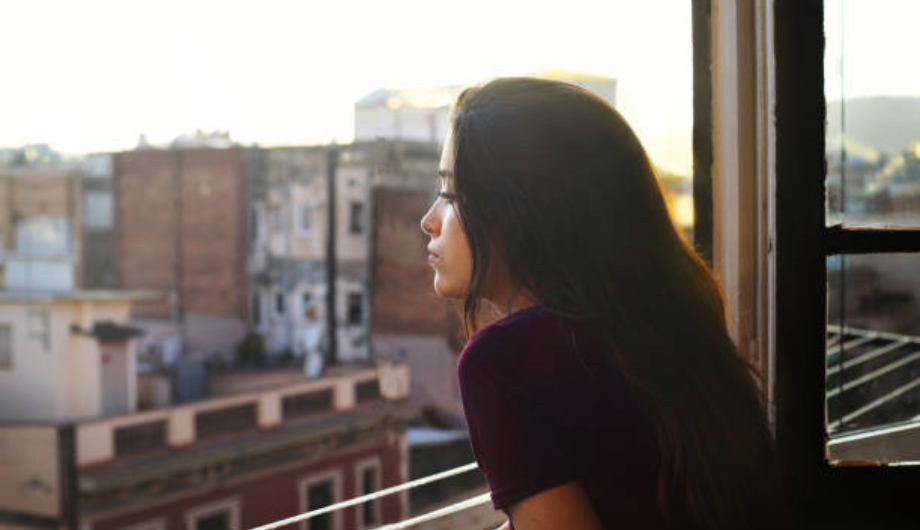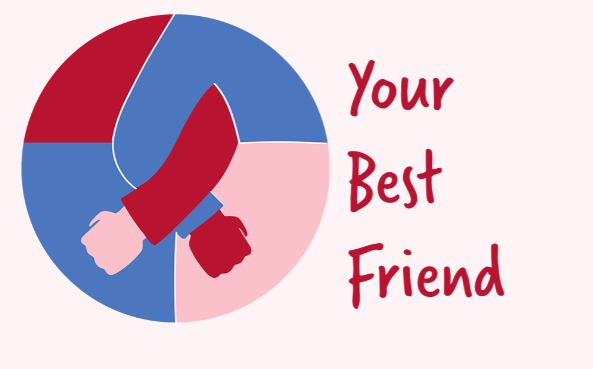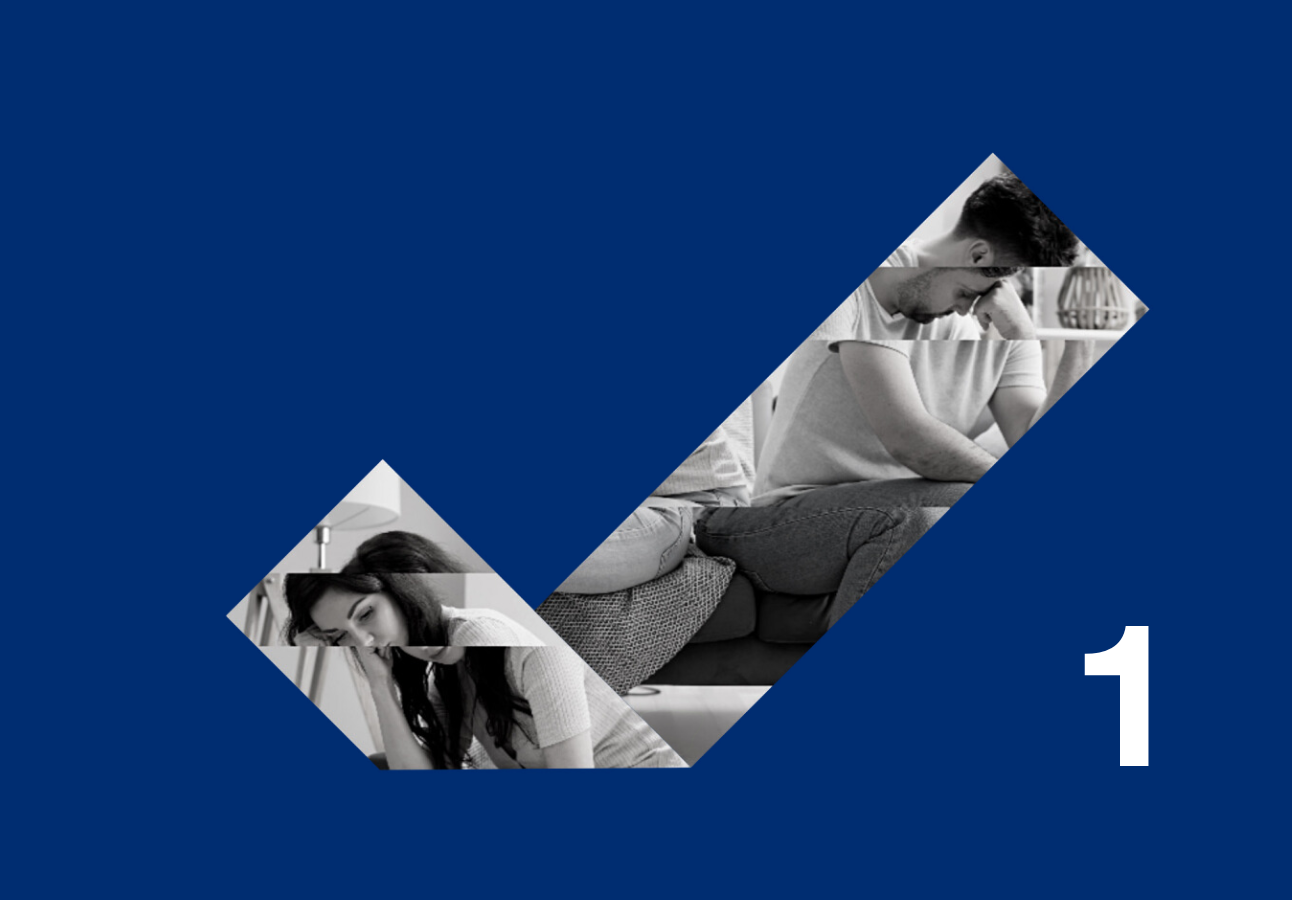Young people experience the highest rates of domestic abuse of any age group. They may experience domestic abuse in their own intimate partner relationships or they may demonstrate harmful behaviour towards a family member.
In the third of our Spotlight series, in 2017 we focused on the stories and experiences of young people aged 13–17 and looked at how professionals can best support them. We explored questions such as how can professionals adapt to meet the needs of young people? How does a young person’s experience of domestic abuse different to that of an adult? What are the best ways to support young people who harm without criminalising them?
Holly, young survivorI didn’t think this was helpful to me at all, it was all older women. Most of them had been referred there from social workers and had children so I felt like my problems weren’t as bad as theirs. I also couldn’t speak much and didn’t want everyone knowing in the group.
About SafeLives’ Spotlights series
Our 2016–2019 Spotlights series shined a light on hidden victims of domestic abuse. We explored the experiences of victim groups who face additional barriers to accessing support, and can feel ‘hidden’ from services. Discover insight from survivors, practitioners, academics and other experts, alongside our own research and data.

